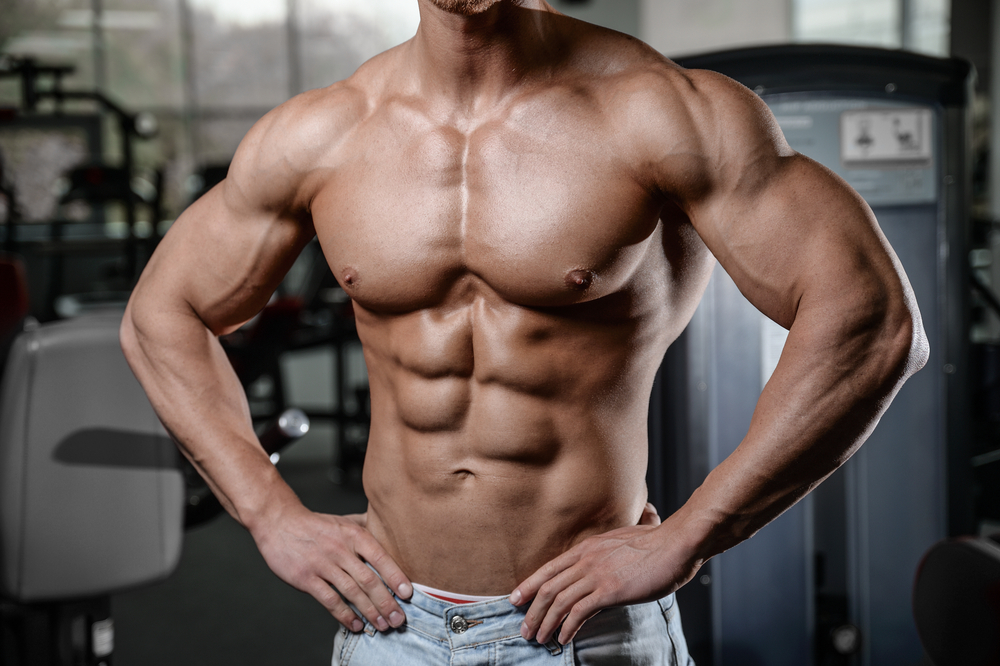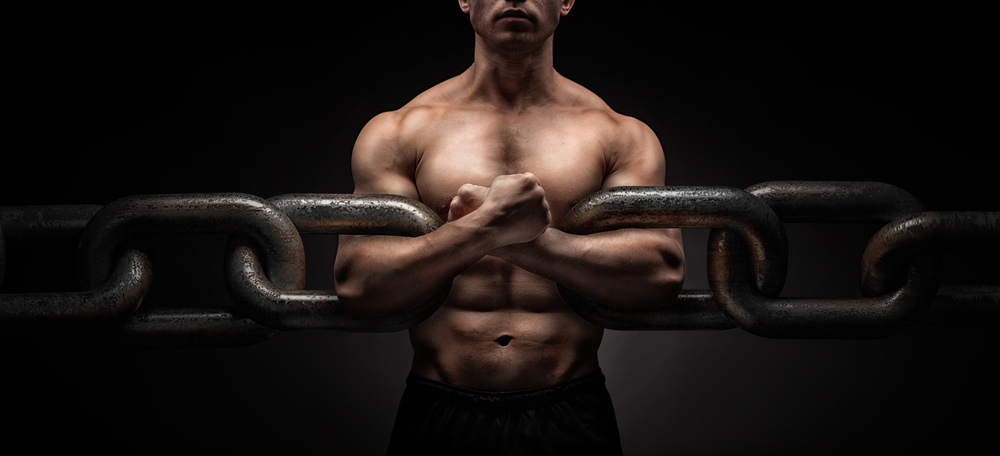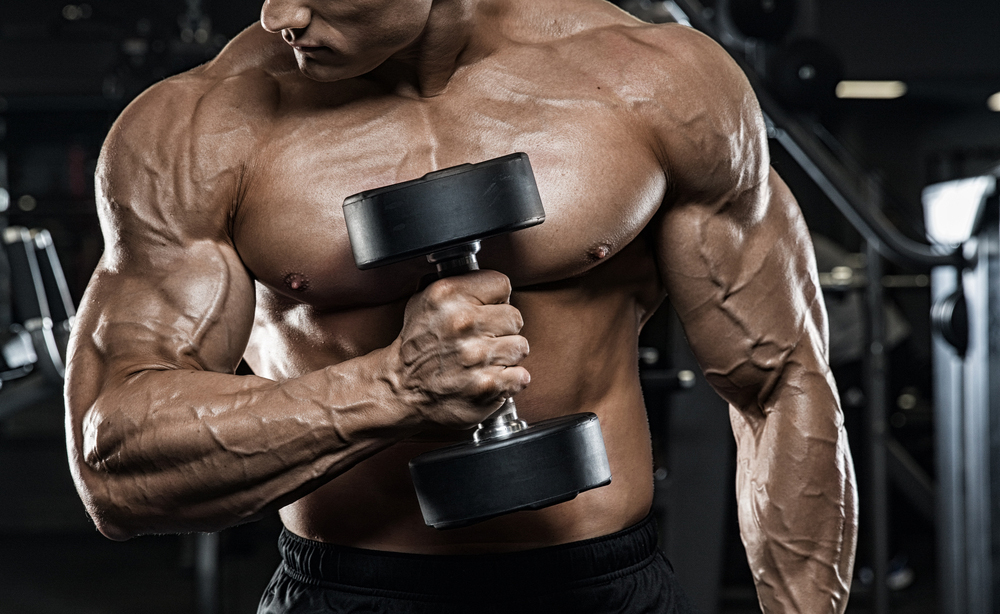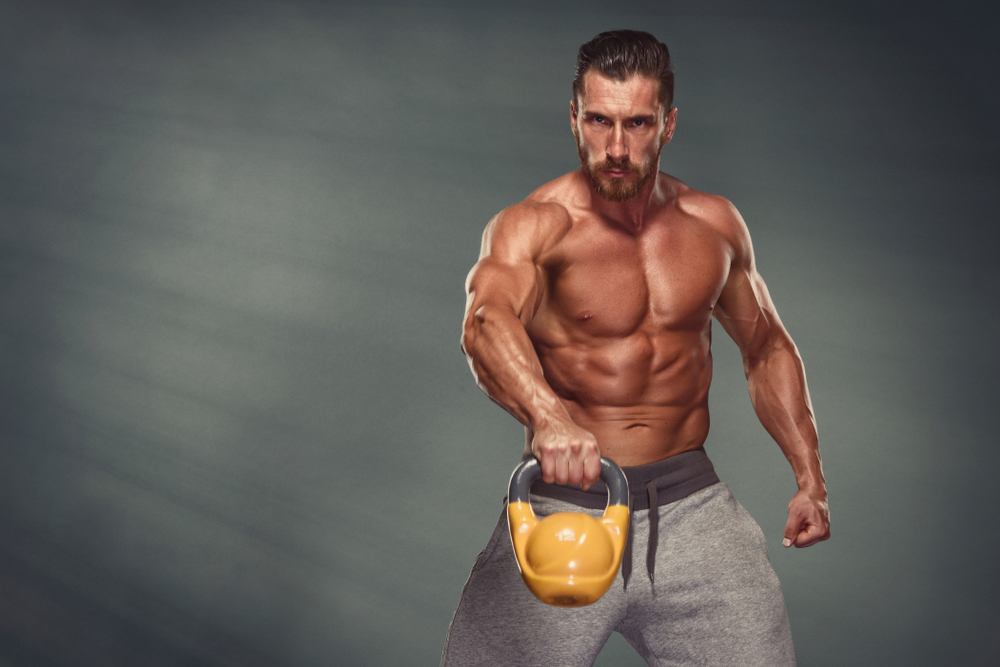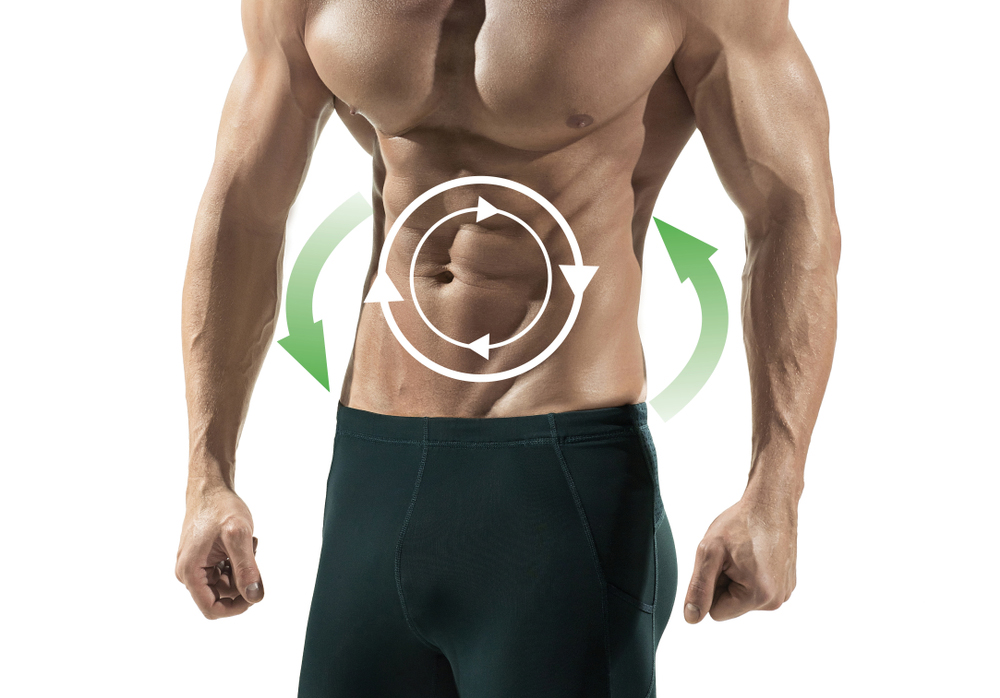There is nothing more frightening for a bodybuilder than catabolism. By definition, catabolism is the set of reactions resulting from the molecular degradation of the body. It is the opposite of anabolism.
In the field of bodybuilding and bodybuilding, catabolism is the result of a series of very intense physical efforts. You train too hard and your body does not receive enough nutrients to support the efforts you make.
In order to build up muscle mass properly, catabolism must be avoided. Catabolism is very common in periods of muscular cutting. But how to do this?
What is catabolism?
If anabolism is defined as the building of new tissue in the body, catabolism is simply the opposite. It is the breakdown of tissue. Catabolism also degrades muscle by breaking down the complex molecules contained in it (lipids, proteins, polysaccharides, nucleic acids, etc. ).
Muscle tissue converts fatty acids and amino acids into energy. The muscles then lose volume in a very significant way. This is known as muscle wasting.
In addition to muscle breakdown, catabolism also results in severe fatigue and muscle pain. This is a natural process in which the body draws the energy it needs for intense physical effort from the muscle tissue.
This results in a loss of not only fat mass, but above all muscle mass. The breakdown of the muscles is transmitted by the nerves to the nervous system. The nervous system translates this into pain and fatigue so that the person concerned can react in return.
In order to meet the higher requirements of intense physical effort, the body's need for amino acids will also be higher, which is why it is necessary to consume protein before doing sport.
Catabolism: the main causes
Several factors can cause catabolism.
Diet
The development of muscles is mainly based on an adequate supply of protein. During training, the body draws the proteins it needs from the muscles to withstand intense effort. If the athlete's diet is not complete and is low in protein, the muscle tissue will break down, causing catabolism.
It is for this reason that sportsmen and women are advised to split their meals during the day. Rather than eating three large meals, they should be divided into several snacks to be taken throughout the day. This technique will allow him to provide his muscles with a sufficient quantity of protein.
Overtraining
Overtraining is the main source of catabolism. By overtraining, the athlete will force the body to draw a very large amount of protein from the muscle tissue.
If the athlete does not take the appropriate food supplements, the tissues will not be able to hold out and will tear more easily. Excessive training sessions cause an increase in the body's secretion of cortisol.
Cortisol is a hormone that causes the breakdown of muscle tissue. It is mainly secreted when the athlete exercises too intensely. If we exceed training sessions of more than one hour, the secretion of cortisol is activated. Muscle wasting will then be inevitable.
How to avoid catabolism?
It is quite possible to avoid catabolism. Here are a few things you can do to avoid muscle wasting.
Extracting meals
In order to provide the body with continuous energy production, you should try to split your meals instead of taking them in large quantities. It is advisable to split the day's meal into five or six snacks.
These snacks should include white meat, fish, cereals, starchy foods, vegetable oil, and especially fruit and vegetables. Food supplements adapted to the athlete's metabolism are also recommended to provide the athlete with the proteins and amino acids he or she needs to develop muscle mass. It is also important to stay well hydrated, especially before and after training sessions.
Eating after training
Before training, the body is still in good shape. All the nutrients are still present to ensure the proper functioning of the organs. But after intense efforts, the body has used up all the energy in its reserves.
It must then be replenished so that it does not get tired. This is why it is better to eat after training sessions, not before. You should have a snack as soon as possible to prevent the body from taking energy from the tissues.
Avoid overtraining
To avoid catabolism, try to adjust training sessions so that they are neither too low nor too intense. Muscle development is produced by regular training sessions, not by overtraining.
It is therefore completely pointless to try to exceed the limits by increasing the hours of work or by opting for loads that are too heavy. If the work is too intense, there is a risk of burning too much protein which will accelerate catabolism. If the exercises are too low in intensity, you will not be able to work the muscles in depth.
In strength training, recovery is an integral part of the training programme. The muscles must be allowed to rest in order to optimise their development. We are talking about rest days here because a few hours are not enough for total recovery.
Just like the recovery period, sleep plays an important role in a strength training programme. It is mainly during sleep that muscles and tissues repair and heal from injury. When you are well rested, your system works better and your muscles develop more.
Avoiding catabolism with food supplements
Catabolism can also be avoided by taking food supplements. For example, there are branched amino acids. Easier to assimilate, they are very efficient to synthesize proteins and activate the anabolic state.
There is also creatine which fights against catabolism, as well as energy drinks which help boost the metabolism.

